This October, the General Assembly will elect five of the ten rotating members of the UN Security Council to two-years terms (2011-2013) to replace Austria, Japan, Mexico, Turkey, Uganda, which will be coming off of the Council at the end of this year.
The Asian, African and Latin American & Caribbean seats are going uncontested,with single candidates from each of those groups standing for the respective seats. India will face no challengers after Kazahkstan dropped its bid for the Asian seat earlier this year, and South Africa was endorsed for the African Group seat at February’s African Union Summit.
Colombia is currently the sole candidate for seat being vacated by Mexico. The government was tacitly endorsed by the Group of Latin American & Caribbean States (GRULAC) for the coming term when it stepped aside last year to allow Brazil an uncontested candidacy for 2010-2012, and expects to get a formal nod at GRULAC’s meeting in September. There was a possibility of a challenger earlier this year when Prime Minister Ralph Gonsalves of St. Vincent & the Grenadines began canvassing CARICOM states on possible support for a challenge to Colombia’s candidacy. This caused a bit of a domestic stir in his country when the opposition party leader, Arnhim Eustace, suggested the challenge was being orchestrated by Venezuela as part of its rivalry with Colombia, and demanded Gonsalves confirm then rumors of a candidacy, and Gonzales releases a document about exploring that possibility. In the end, the government decided not to purse a bid as it was unable to secure the necessary unanimous support from CARICOM, and will instead seek one of the two GRULAC seats for the 2020-2021 term.
The two seats for the Western European & Others Group (WEOG), currently held by Austria and Turkey, appear to be the only real contest this year. Germany, Portugal and Canada are campaigning for the two open seats. Each is actively promoting how its contributions to the UN budget, peacekeeping or Security Council accomplishments, and how diversity on the Council qualifies it for membership.
Most observers are confident that Germany will easily win one of the seats, with Canada and Portugal battling it out for the second. Canada began actively campaigning for the seat in 2008 and Embassy magazine reported in September of last year that the government had secured a number of pledges already.
Evadne Coye, the ambassador of Jamaica to Canada and the dean of the Caribbean Community group of ambassadors, told Embassy CARICOM will vote as a bloc for Canada. The 15-nation bloc took the decision when their foreign ministers met in March [2009].
…
Embassy has also learned, through diplomatic backchannels, that Argentina and Mexico plan to support Canada. In past votes, Cuba has also supported Canada.
The 15+ member Pacific Islands Forum has reportedly pledged its support for Canada as a bloc, and the government will lean on Australia and New Zealand for assistance in securing other Oceania states’ support.
Several African governments, including Uganda, have reportedly “handed Ottawa secret written commitments to support Canada’s bid,” but the government’s aid cuts to several nations in recent years may cost it a number of other votes among the 53-member African Group. The government had attempted to mitigate concerns about its support for Africa — making contributions to the African Development Bank and stating its support for making the Security Council more representative, specifically noting African states as “historically underrepresented” — but Africa will no doubt be “critical ground that could ultimately make or break this campaign.”
Portugal, which began actively campaigning in 2006, has secured the support of Brazil (which is also supporting Germany), with their shared “political and linguistic history, similar political mindset and mutual support for each other in various multilateral forums” according to an officer at the Brazilian mission. According to a report from the Portuguese Institute of International Relations and Security (IPRIS), Portugal is building support for its bid through those countries with which it shares a long linguistic and cultural history, such as Angola, Brazil, Cape Verde, Guinea-Bissau, Mozambique, Sao Tome and Principe and Timor Leste.
At this stage, more than a hundred declarations of support and various declarations of intent have already been received in support of Portugal’s goal. Thus, the 128 votes required to guarantee a non-permanent seat in the Security Council are in reach, even prudently bearing in mind that not all declarations of support or intent are reliable.
Thus as it’s stacking up, and presuming no other candidates emerge, 14 of the 15 seats will be held by
|
|
|
Germany, India, and Brazil – three of the four “G4” governments – will be members of the Council, as will South Africa and Nigeria, two of three African states which have argued for permanent membership (the other being Egypt). As Security Council reform discussions continue, expect to see this “Group of 5” – plus their supporters – to push forward the debate over new permanent memberships and their campaigns for those seats specifically. It will be an uphill battle, as each have regional opponents to their claims (Germany by Italy, India by China, and Brazil by many in predominantly Spanish-speaking Latin America). Any progress to be made will require them to “use their two-year tenure to demonstrate global, not just regional, leadership.”
More on the election – and especially on the WEOG competition – as the date approaches.

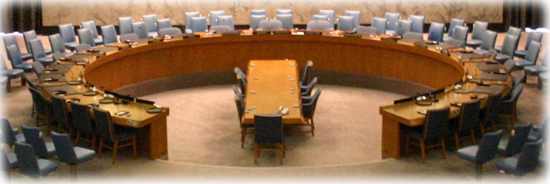
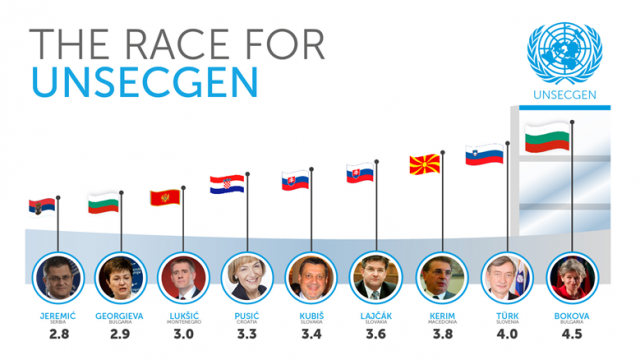
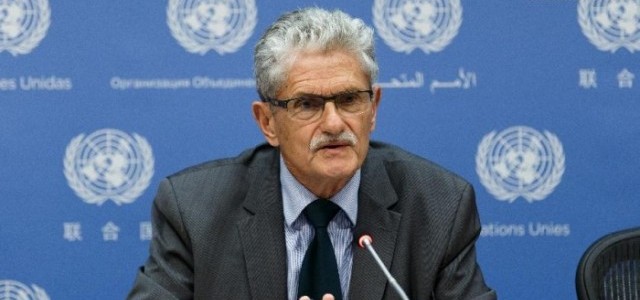
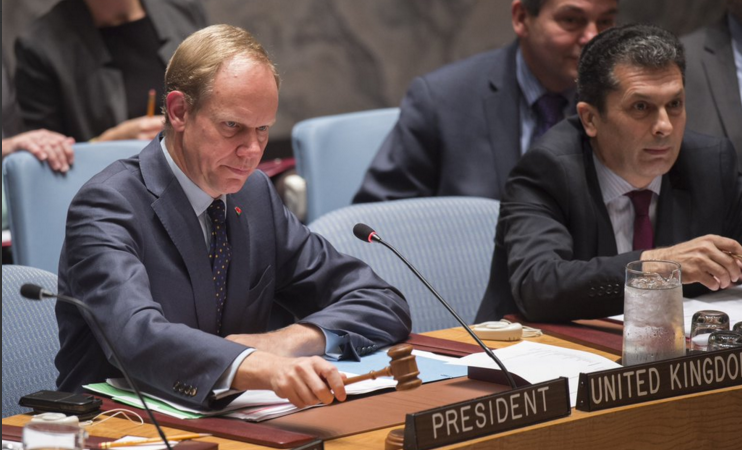
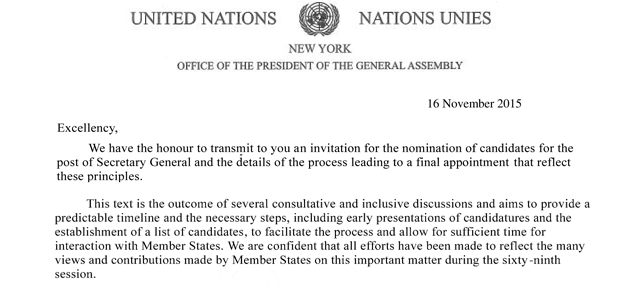
Hope Canada does not win this time – not with pro-Israel Harper ( and anti-Arab) still on Parliament Hill and the Canadian Ambassador will vote like the US at the UNSC whenever Iran or Israel is concerned.
Germany and Portugal will be elected.
Portugal has good chances.
For a small country, its records concerning UN peace operations is very important, the support of a great number of African and Latin America countries is acquired.
There is a widespread simpathy for its role as a facilitator between Africa and Europe. Also, belonging at the same time to the EU and to CPLP (Community of Portuguese Speaking Countries) compose by Angola, Brazil, Cape Vert, Guinea-Bissau, Mozambique, Sao Tome and Principe and East Timor, it can play an interesting role of interface for different reginal networks.